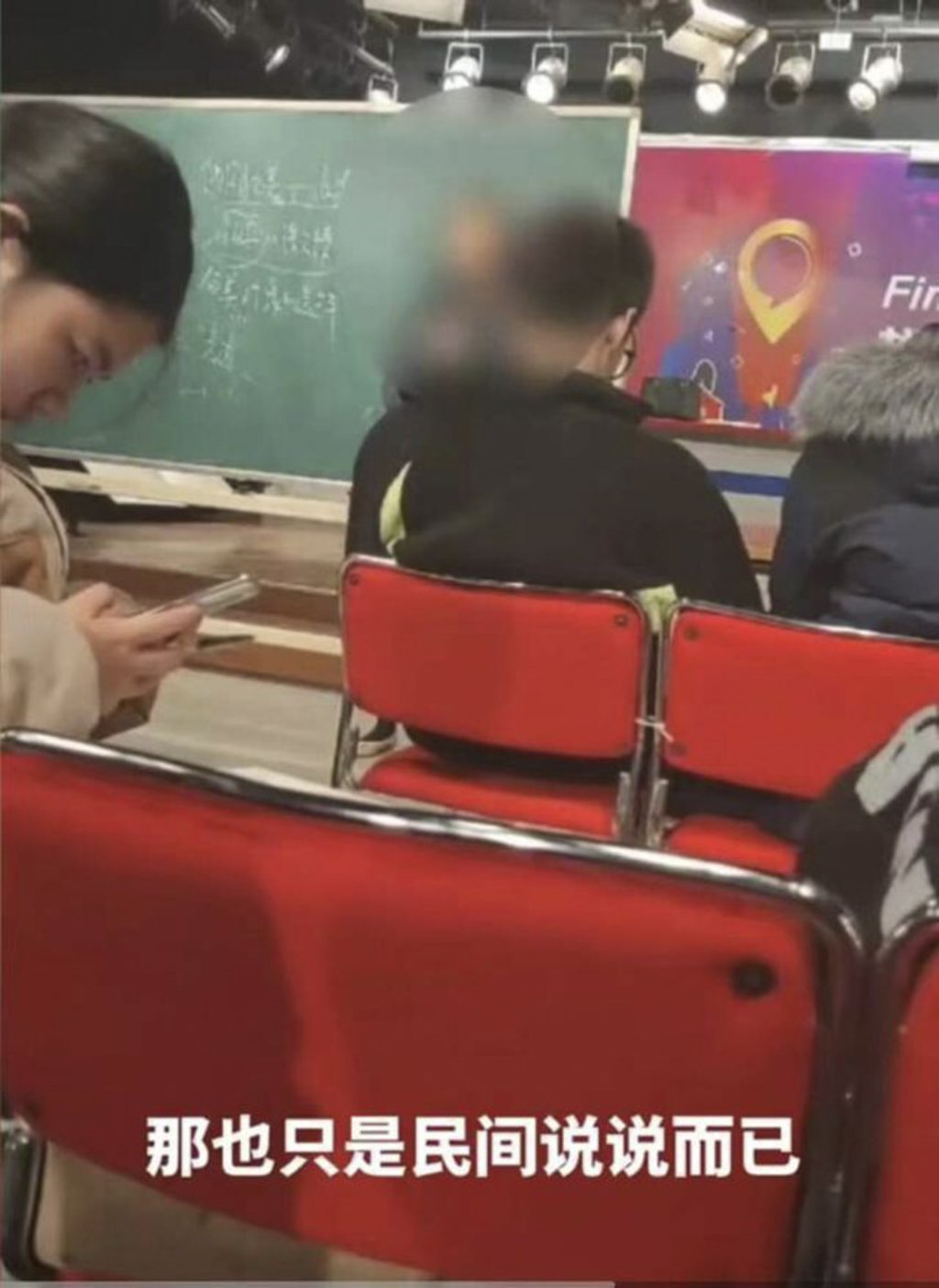Advertisement
2 mainland university lecturers punished for comments touching Sino-Japanese sensitivities
- One lecturer was fired and another was transferred to a non-teaching position for their opinions
- The furore came the week China was honouring the 84th anniversary of the Nanking massacre
Reading Time:2 minutes
Why you can trust SCMP
99+

One university lecturer was fired and a staff member at a different school lost her teaching licence this week after recently making contentious comments about Sino-Japanese history that strayed from official narratives.
Shanghai Aurora College announced on Thursday it had fired lecturer Song Gengyi for questioning the Chinese government’s official death toll of 300,000 for the 1937 Nanking massacre, which took place in the city of Nanjing.
China held events across the country this week to honour the 84th anniversary of the massacre.
Advertisement
Song’s lecture was recorded by a student and leaked online, causing an online firestorm.

The journalism teacher called the 300,000 deaths tally a “rough estimate that lacked statistical support” and pointed out that historical estimates range from “thousands” to 500,000 people killed in the Second Sino-Japanese War massacre.
Advertisement
Advertisement
Select Voice
Choose your listening speed
Get through articles 2x faster
1.25x
250 WPM
Slow
Average
Fast
1.25x